The Saeima supports Latvia’s withdrawal from the Ottawa Convention / Day
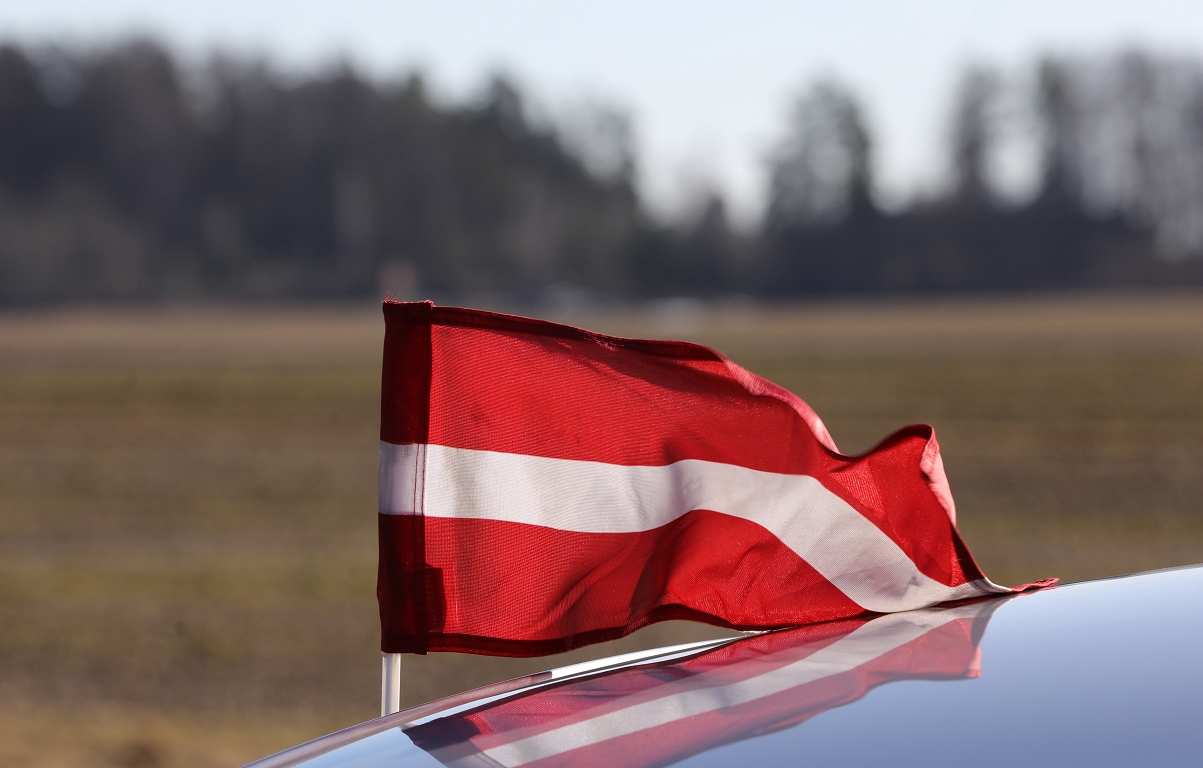
The bill was considered urgently in two readings.
It is planned that the Ministry of Foreign Affairs (MFA) will coordinate with the submission of withdrawal documents to the Estonian and Lithuanian Foreign Ministries, the United Nations Secretary General and the United Nations Security Council.
This Convention was adopted on September 18, 1997, but entered into force in 1999. It has been joined by more than 160 countries around the world, including most Western countries. China, Russia, USA, India and Pakistan have not joined the Convention.
Member States of the Convention shall never use or under any circumstances, not to develop, not to produce, not to produce, or to receive a different way, to store, to preserve, or not to give anyone directly or indirectly.
Similarly, members of the Convention shall undertake not to assist in any way, not support or encourage anyone on actions that any Member State has been prohibited in accordance with the Convention. Each Member State also undertakes to destroy all infantry mines or to ensure their destruction in accordance with the provisions of the Convention.
The moment Latvia’s accession to the Ottawa Convention was decided, there were no military, strategic or security reasons why Latvia has not accompanied, while the security situation in the Baltic region has changed at the moment, the MFA stated.
The ministry notes that, through full -scale aggression against Ukraine, Russia has shown that it does not comply with the territorial boundaries and international law of sovereign states. Therefore, it is important for Latvia to maintain freedom of choice and flexibility to apply various weapon systems and solutions to strengthen discouraging and national protection.
Referring to the war in Ukraine, the ministry points out that non -conductor mine in combination with other mines and arms systems increases the lethality of the Defense Forces by delaying or stopping Russia’s mass movement. The MFA also concludes that in the context of the current regional security situation, the Ottawa Convention restricts the possibilities of Latvia’s defense, completely excluding the use of an effective military protection product – infantry mine.
The MFA adds that the issue of withdrawal from the Convention has also been raised in other countries of the region, ensuring the possibility of solidarity and united to decide on withdrawal.
The Convention also stipulates that each Member State is entitled to withdraw from it in implementing its national sovereignty. The Member State shall notify the withdrawal of all other Member States, the UN Secretary -General and the UN Security Council. The withdrawal shall enter into force six months after the withdrawal document has received the depositary. Accordingly, Latvia will have the right and the ability to use, purchase or produce infantry mines.
The MFA has emphasized that Latvia will continue to comply with international obligations, including humanitarian rights, while ensuring its security needs.
The ministry also notes that any possible purchase, placement and use of non -conductor mines will depend on military logic and need, as well as the priorities of the defense capacity and the available funding.
Defense Minister Andris Sprūds (P), commenting on the possible variants of non -conductor mine, admitted that after leaving the Ottawa Convention, Latvia could buy them from Poland and Finland or assemble in Latvia.

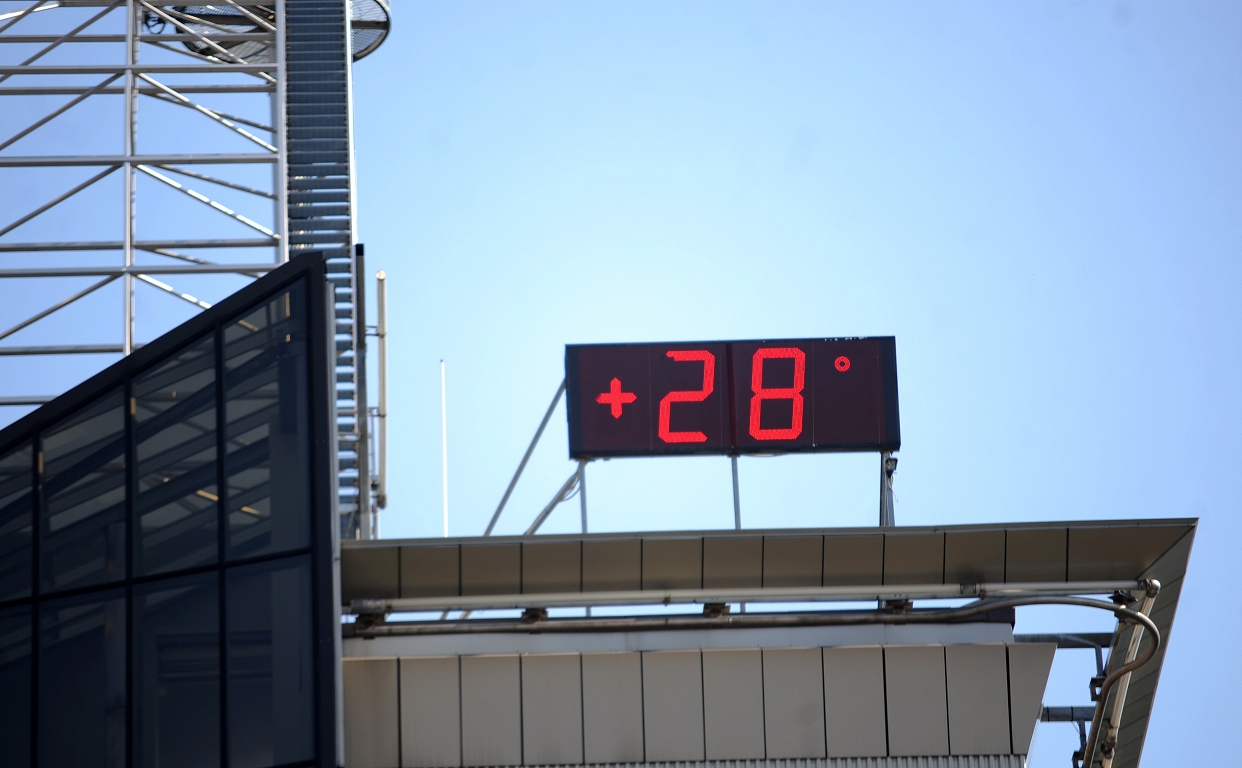
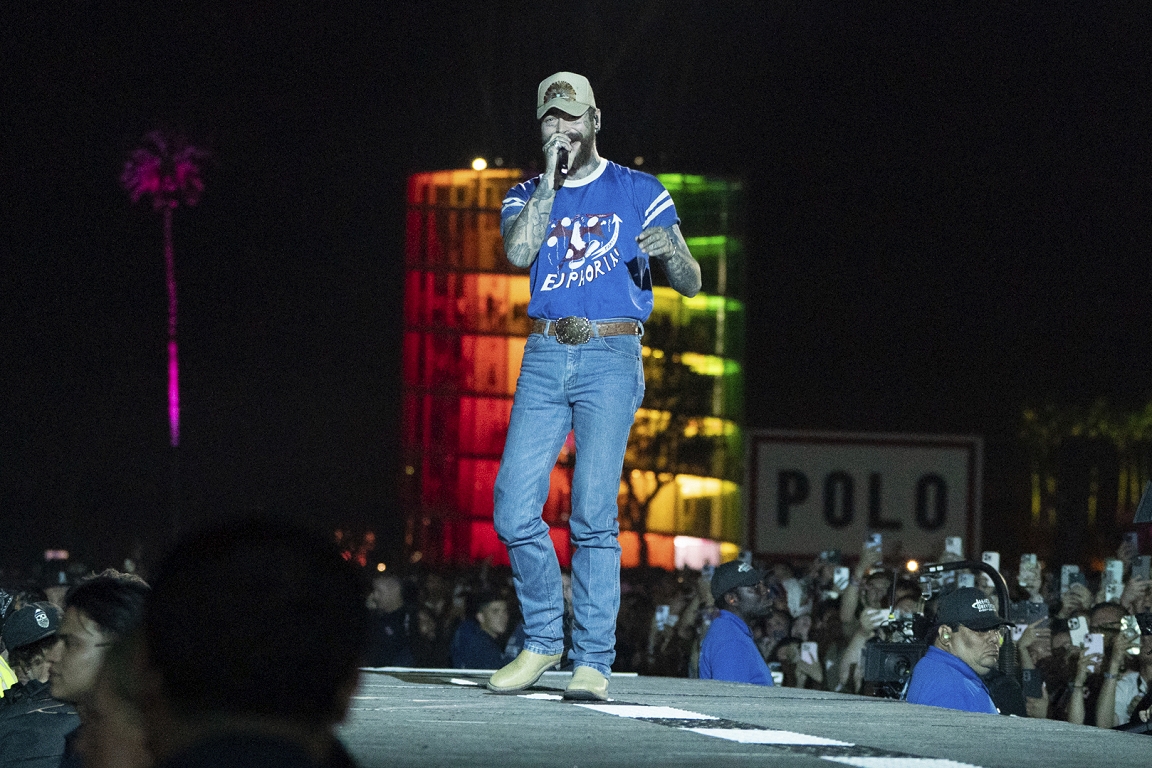

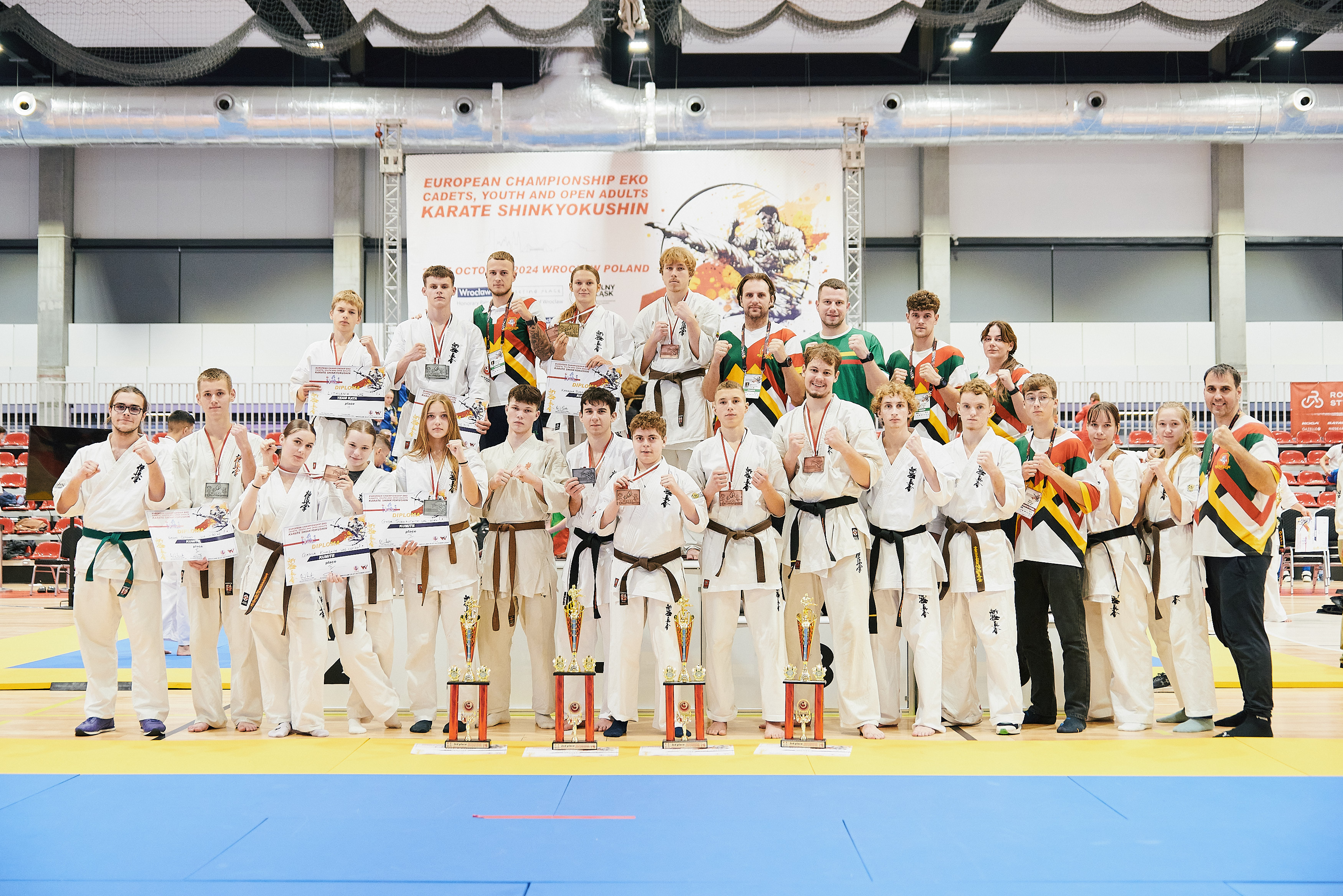
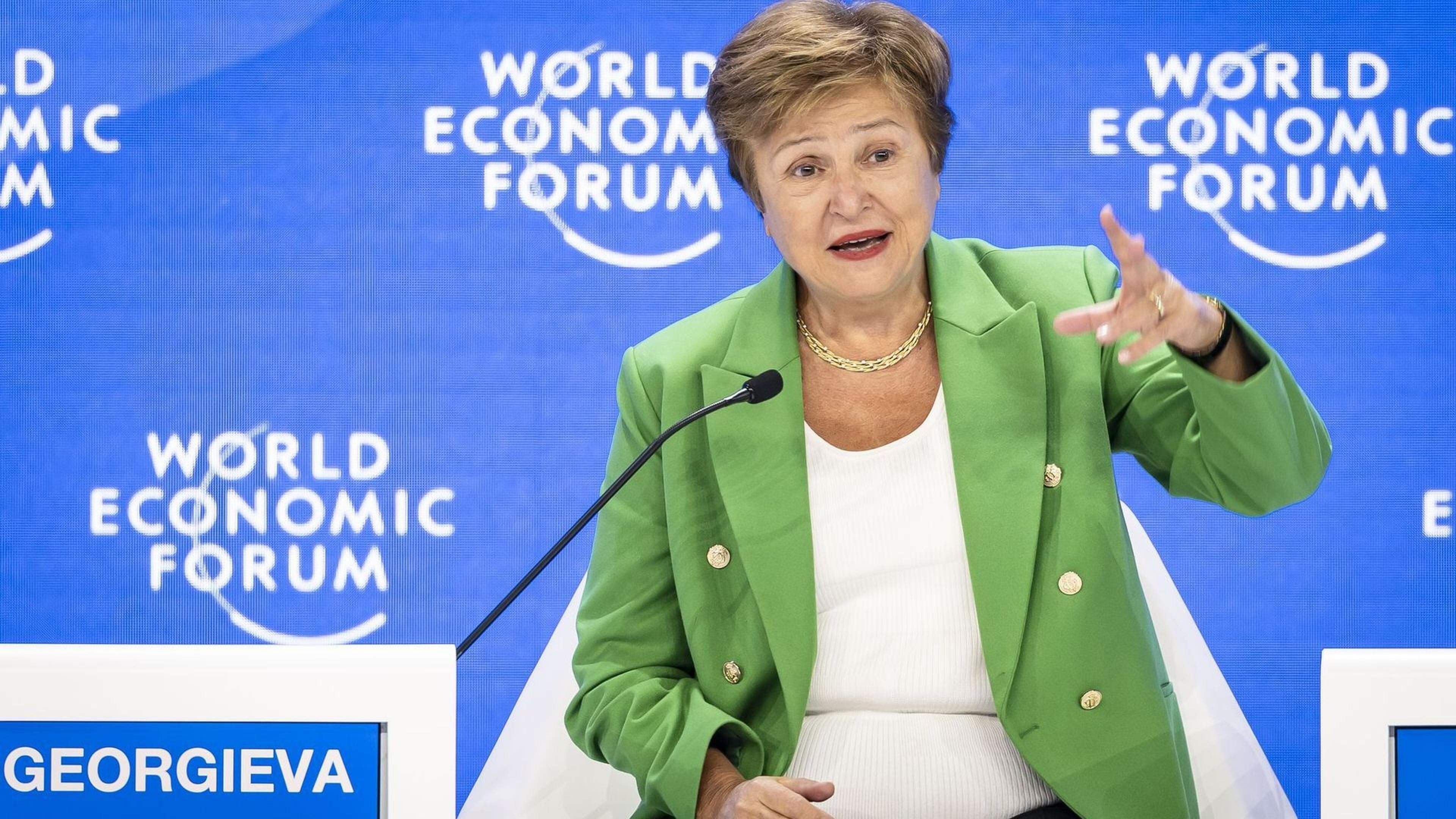
/s3/static.nrc.nl/images/gn4/stripped/data131039461-2a28c3.jpg|https://images.nrc.nl/LqXxf7JSbbCqMp6LkQK0xj45CFk=/1920x/filters:no_upscale()/s3/static.nrc.nl/images/gn4/stripped/data131039461-2a28c3.jpg|https://images.nrc.nl/zSeLxsilEVvFDmXJbv_etfqa0K4=/5760x/filters:no_upscale()/s3/static.nrc.nl/images/gn4/stripped/data131039461-2a28c3.jpg)
